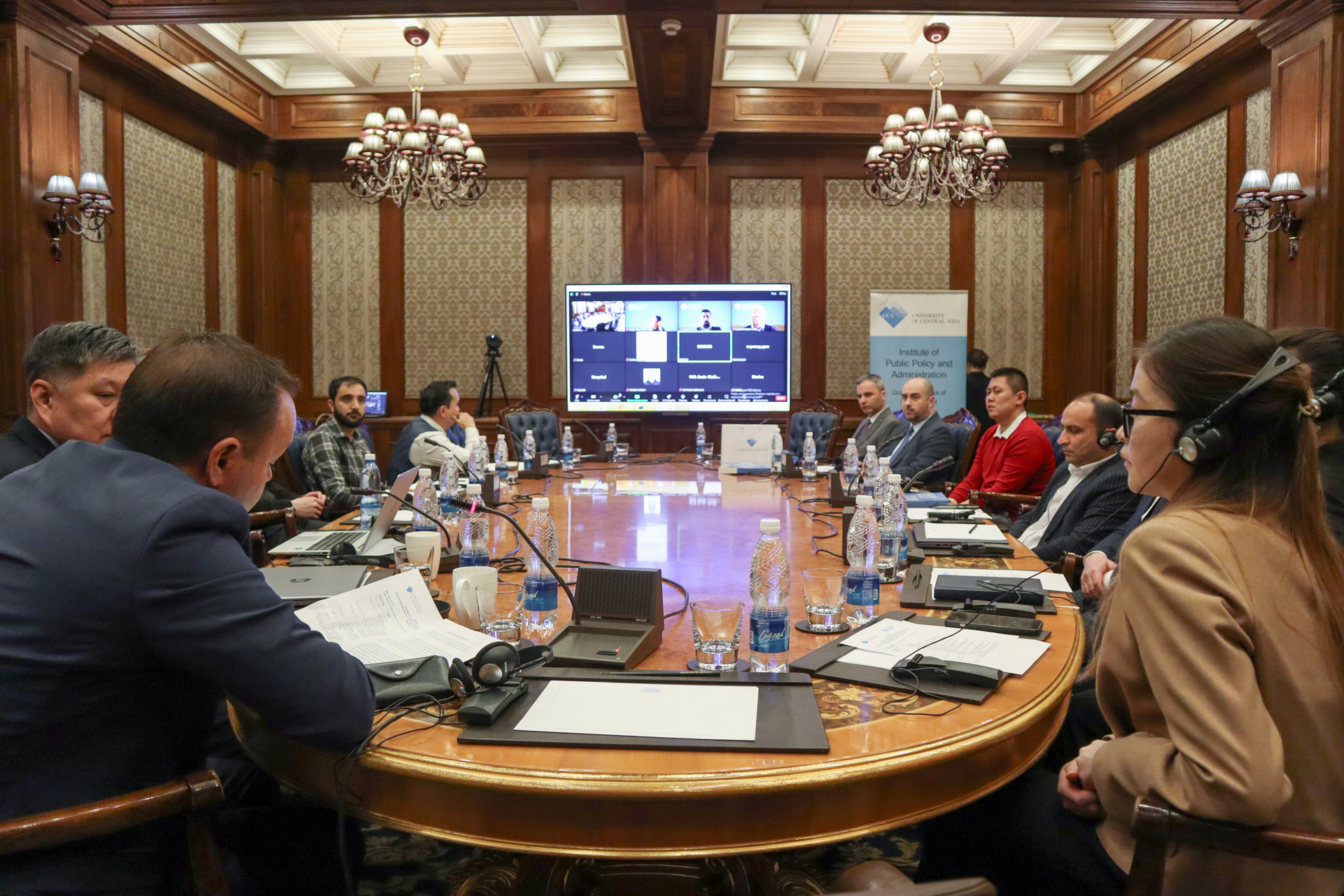
Uniting for Food Security: Insights from Central Asia and the Caucasus
The Food Self-Sufficiency Workshop, hosted in Bishkek, Kyrgyzstan by UCA’s Institute of Public Policy and Administration, Graduate School of Development in collaboration with the United Nations’s Food and Agriculture Organisation (FAO), marked the culmination of a comprehensive study on food self-sufficiency in Central Asia and the Caucasus conducted by UCA. The workshop provided a platform for stakeholders to delve into the findings and implications of the study, shedding light on current challenges and potential strategies to bolster food security in the region.
Representatives from Ministries of Agriculture of Azerbaijan, Kyrgyzstan, Tajikistan, and Uzbekistan offered insights and perspectives that enriched the final report on Food Self-Sufficiency policies.
Hasil Aliyev, Deputy Head of the Law and Enforcement Discipline Department of the Ministry of Agriculture of the Republic of Azerbaijan, underscored the necessity of collaborative approaches to tackle food security challenges. Mr. Aliyev articulated, "We intend to integrate the new methodologies and approaches discussed here into our strategic plans," reflecting a commitment to implementing actionable solutions.
Participants underscored the urgency of reassessing food self-sufficiency strategies in light of both global and regional adversities, such as the COVID-19 pandemic and geopolitical tensions.
Meerim Temirbekova, Chief Specialist of the Food Security Department at the Ministry of Water Resources, Agriculture, and Processing Industry of the Kyrgyz Republic, emphasised the importance of cross-country learning, stating, "The study examines the experiences of other nations, enabling us to glean valuable lessons or extend assistance in bolstering food and nutrition security."
Commissioned by the FAO Sub-regional Office for Central Asia, the study conducted by UCA aimed to equip decision-makers in Azerbaijan, Kyrgyzstan, Tajikistan, and Uzbekistan with a nuanced understanding of the advantages and limitations of food self-sufficiency policies. Through collaborative efforts and evidence-driven analyses, stakeholders strive to forge a path towards enhanced food security and resilience in the region.













